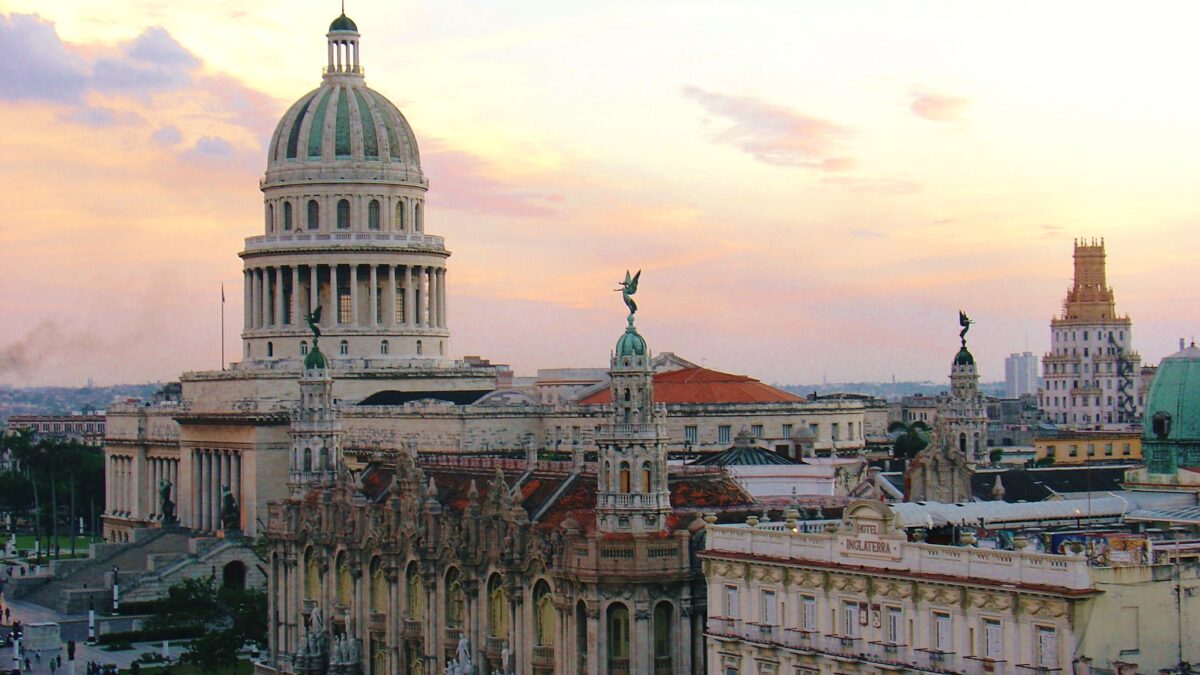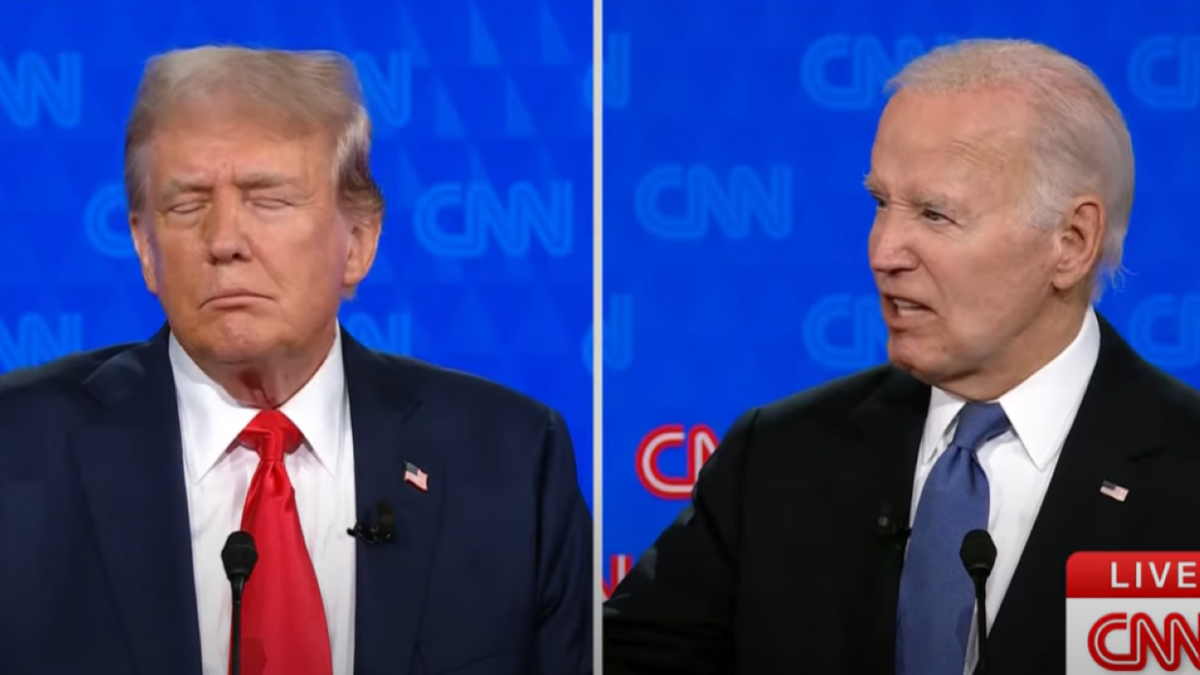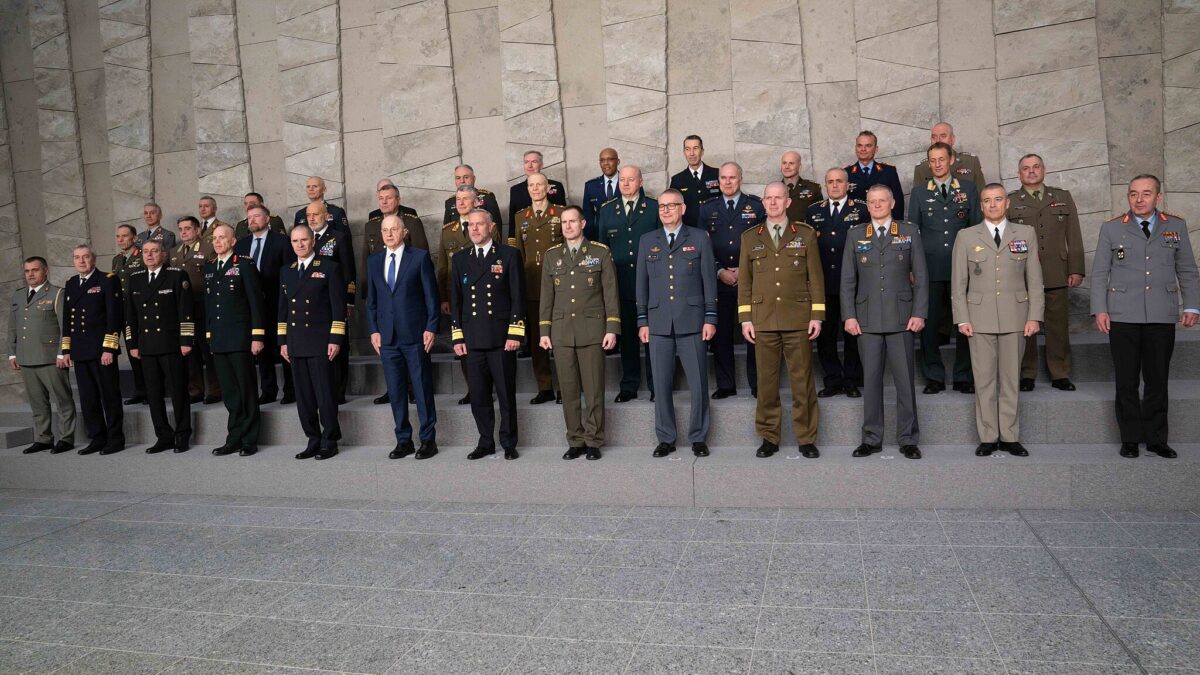
I didn’t plan to write anything for the anniversary of 9/11 this year, because I figure we’re at the point where we save the extended analysis for round-number anniversaries. It’s something I care about deeply, as longtime readers know, but they will also know that I have written a great deal about that attack and about the War on Terror over the years. Unfortunately, I didn’t think there was much new to say about it this year. But maybe that—the lack of any real closure or any progress toward it—is news in itself, and people are beginning to notice it.
So I was a bit surprised to see how many other people seemed compelled to write and talk about 9/11 on its 16th anniversary, and how unsettled everyone seems to feel about it—more so than I expected. Tom Nichols, for example, asks if we are defeating ourselves. Hint: if we’re still asking that question 16 years later, the answer is probably “Yes.”
Maybe this sense of increased unease is just subjective; I don’t know any rigorous way of measuring it. But I suspect that part of the reason is because this is the first anniversary of September 11 to fall in the era of Donald Trump. No, I don’t mean this as a reflexive dig at his competence as a leader. There is a much deeper meaning to it, which has two parts.
The first is what David Harsanyi has pointed out: after an astonishingly brief period of national unity and bipartisanship after September 11, we’re at each other’s throats more than ever. The political debate got vicious, bitter, and personal in the later Bush years, it got worse under Obama, and Trump’s election—from the chest-thumping arrogance of his supporters to the hysterical “resistance” fantasies of his detractors—has somehow managed to make it much, much worse.
More deeply, however, I suspect people are beginning to sense that this is the first 9/11 anniversary where neither political party really cares all that much about its meaning and legacy—not enough to do any serious thinking about the long-term answer to the threat of Islamic terrorism.
Obama tended to define his approach to the War on Terror by a desire to be the opposite of George W. Bush. He clearly wanted to wash his hands of everything Bush did, but in practice he mostly ended up halfheartedly ratifying Bush-era policies: we stayed in Afghanistan, we kept on using drones, the Guantanamo prison camp was never closed. I used to call his policy “Bush without conviction.” His only major departure was that his total indifference and unwillingness to touch anything related to Iraq caused him to write off ISIS as the JV squad and dither uselessly about Syria, allowing the rise of a powerful new Islamic terrorist organization that has inspired attacks in America and around the world.
But during those years, Republicans put up two presidential candidates—John McCain and Mitt Romney—who were in favor of relatively hawkish engagement in the Middle East against Islamic terrorism and its state sponsors, like Iran and Syria. Voters rejected them, so now Republicans are led by someone who is more like Obama. Trump has boasted about bombing ISIS into oblivion or wiping them out in 30 days (though he hasn’t done either of those things yet), but overall his “nationalist” foreign policy tends to favor disengagement with the problems of the rest of the world.
To be sure, his secretary of defense, James Mattis, and his national security advisor, H.R. McMaster, are serious military strategists who are going to be engaged with the situations in Afghanistan, Iraq, and Syria. To the extent that “personnel is policy,” we’re in good hands. But we don’t get the same sense that the overall strategy and prosecution of the War on Terror personally matters to Trump. (What does personally matter to him is a bit of question since he just announced that he’s given up on his signature campaign issue, the wall on the Mexican border.) He seems like he’d rather just wash his hands of the mess in the Middle East and leave it to Vladimir Putin. In terms of policy, he mostly treats 9/11 as an immigration issue, as the justification for a Muslim ban.
So perhaps some of the increased unease about our foreign policy is about having a Republican president with isolationist tendencies. So we’re left wondering who exactly is minding the store on our long-term response to terrorism.
We are uneasy about the sixteenth anniversary of 9/11 because we realize that America has not solved the problem that led to that day and that we are not noticeably on the way to solving it. To be clear, my complaint isn’t that it is taking too long or not being done decisively enough. There’s been a little too much World War II nostalgia that leads to complaints that the War on Terror wasn’t completely finished in four years. There are just too many differences between this war and that one (and it’s a good thing, too, when you consider the horrific casualty rates the Allies suffered). But we should at least be able to have confidence that America has settled on a long-term strategy for dealing with the threat of Islamic terrorism, and that we have remained vigilant in carrying out that strategy.
That is precisely what we know is not happening, not at the highest levels of our political leadership.
My own view on this is horrendously unpopular and nobody wants to hear it, so naturally I’m going to tell it to you anyway. The only president who had good, clear, long-range policy ideas on what to do about terrorism was George W. Bush. The foreign policy grand strategy Bush developed had clear answers on how we were going to fight terrorism long-term.
There would be counter-terrorism and intelligence operations (which is all we have today). But there would also be a policy of seeking to overthrow or bring down state sponsors of terrorism like Iran and the Syrian regime, and of denying terrorists safe haven in chaotic and lawless areas like Afghanistan or (later) Syria. These were the pillars of the Bush Doctrine. Then he had a plan for what to do with those terror-supporting dictators after he toppled them, which was to encourage the spread of representative government and political freedom—the so-called Forward Strategy of Freedom—in the hope of creating new governments that would be reliable allies in the fight against terrorists.
Now, you could argue that Bush stumbled into this policy, which is highly exaggerated but has some truth to it. You could argue that it was naive and that “democracy promotion” didn’t work out in the Middle East, which is difficult to judge because the next administration promptly abandoned the effort. You could argue that it wasn’t worth the cost. This is the side of the argument that has won out. Bush’s strategy is the one idea that everybody has decided was awful and we don’t want to follow.
But in its absence, what have we got? No one has developed any other coherent strategic answer on terrorism. We’re not even trying. So we’ve gone back to a general sense of drift and of ad hoc reaction, of pronouncing our sympathy and resolve in response to a terror attack one day, then going back to business as usual the next. We’ve returned to a September 10 footing, and on some level, I think we all know it.
So we’d better get used to being uneasy about the anniversary of 9/11, because we don’t want to decide upon and prosecute a course of action that would ultimately answer the threat of Islamic terrorism.
Follow Robert on Twitter.









